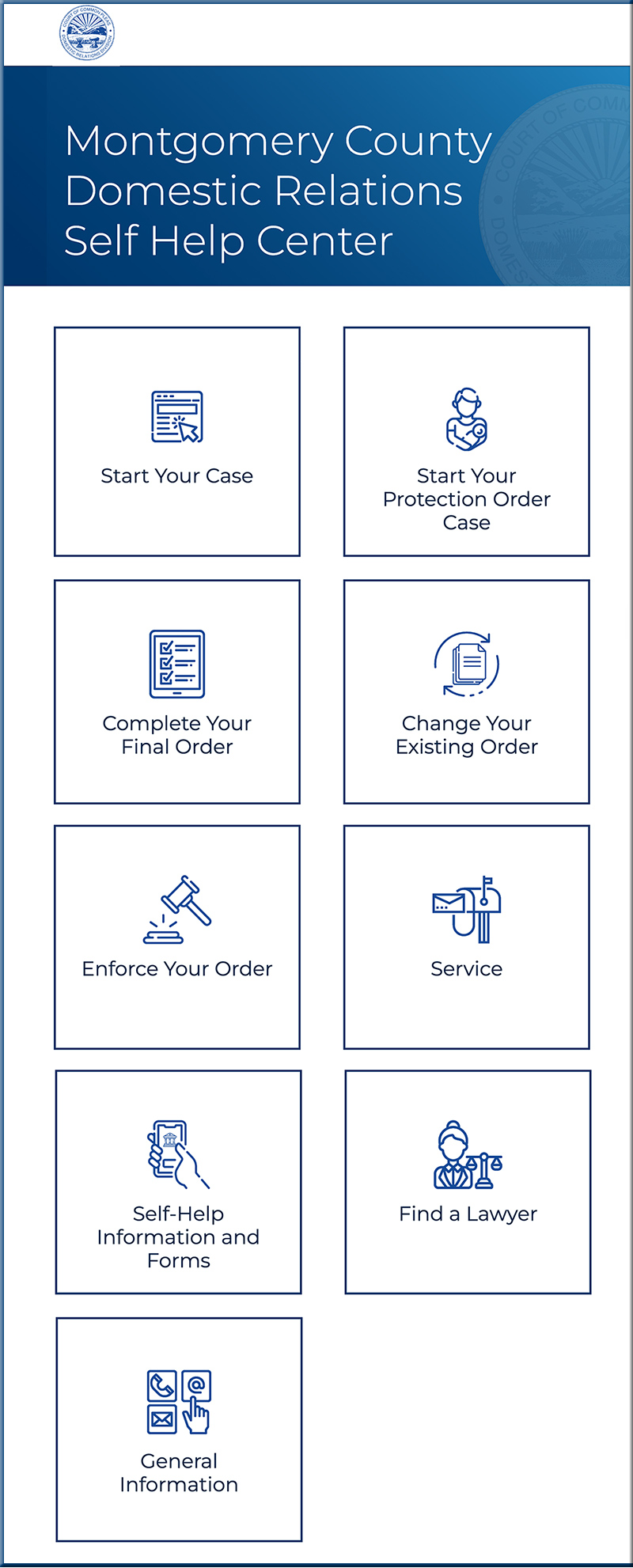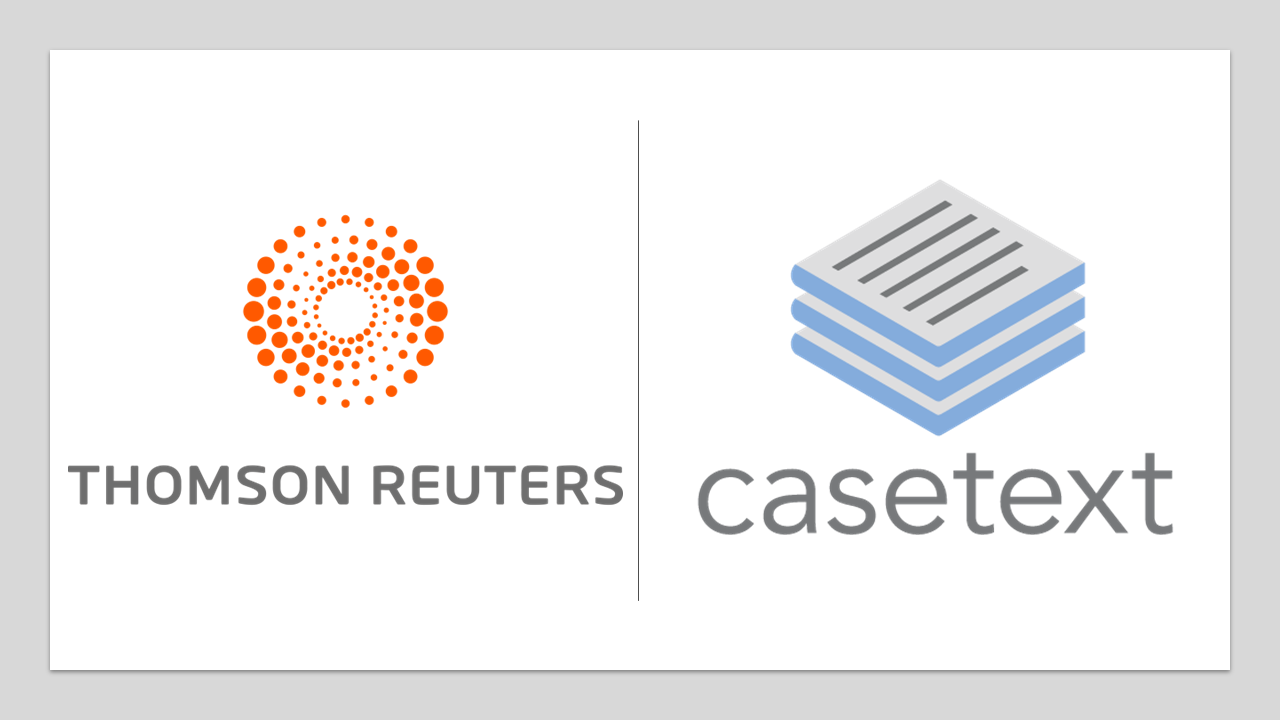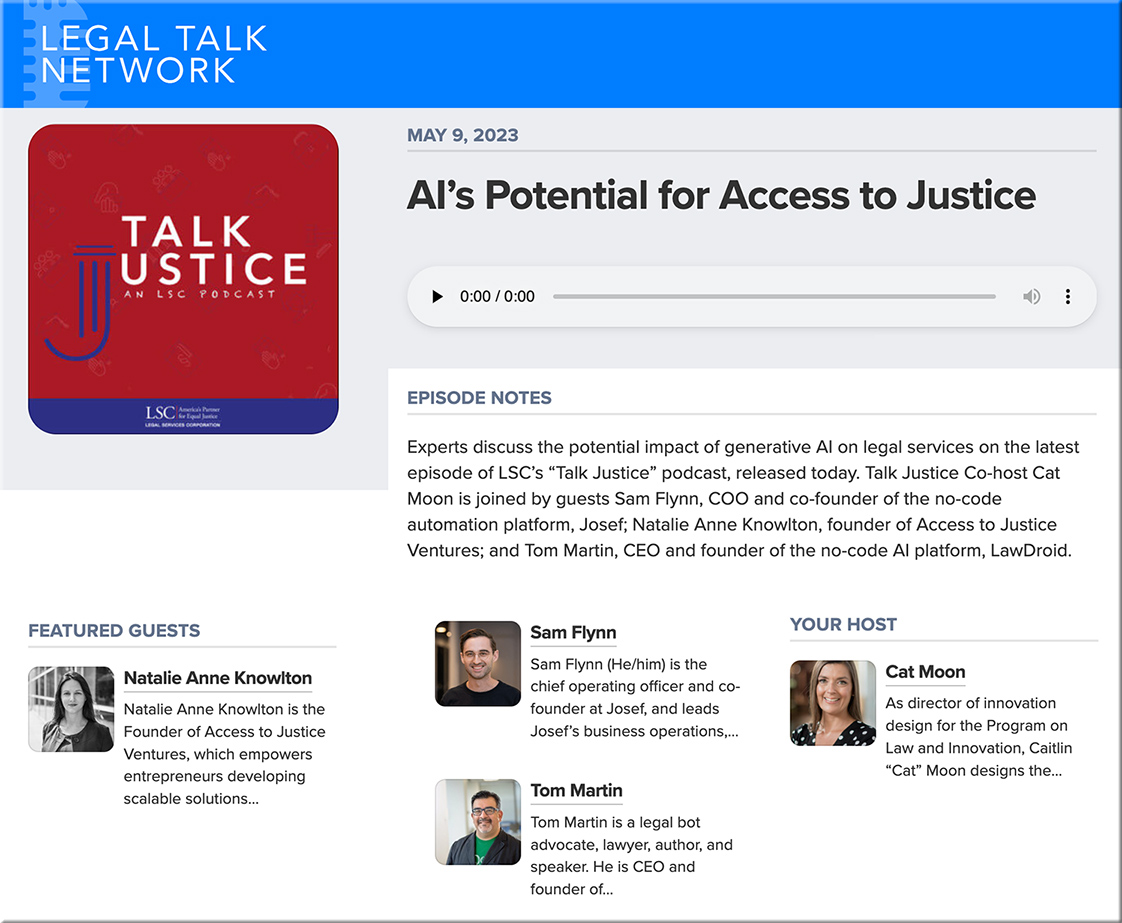The new apprenticeships — from jordanfurlong.substack.com by Jordan Furlong
Several American states are rewriting the rules of lawyer licensure and bringing the US into line with a key element of lawyer formation worldwide: supervised practice.
Change comes so gradually and fitfully to the legal sector that when something truly revolutionary happens — an actual turning point with an identifiable real-world impact — we have to mark the occasion. One such revolution broke out in the United States last week, opening up fantastic new possibilities for Americans who want to become lawyers.
The Oregon Supreme Court approved a new licensure program that does not require passage of a traditional written bar exam. After graduating from law school, aspiring Oregon lawyers can complete 675 hours of paid legal work under the supervision of an experienced attorney, assembling a portfolio of legal work to be assessed by bar admission officials. Candidates must submit eight samples of legal writing, take the lead in at least two initial client interviews or client counseling sessions, and oversee two negotiations, among other requirements.
Jordan mentions what’s going on in several other states including:
- Utah
- Washington
- Minnesota
- Nevada
- California
- Massachusetts
- South Dakota
From DSC:
The Bar Exam doesn’t have a good reputation for actually helping get someone ready to practice law. So this is huge news indeed! The U.S. needs more people/specialists at the legal table moving forward. The items Jordan relays in this posting are a huge step forward in making that a reality.
For other innovations within the legal realm, see:
We are excited to announce the launch of our @lawschoolai YouTube channel!
Our “Law Student Edition” series is specifically crafted to enhance your learning experience.
So, why wait? ? Hit ‘Subscribe’ pic.twitter.com/BKnV5QCivs
— Law School Ai (@lawschoolai) November 14, 2023
LawSchoolAi — from youtube.com
Picture this: A world where anyone can unlock the doors to legal expertise, no matter their background or resources. Introducing Law School AI – the game-changing platform turning this vision into reality. Our mission? To make legal education accessible, affordable, and tailored to every learner’s unique style, by leveraging the power of artificial intelligence.
As a trailblazing edtech company, Law School AI fuses cutting-edge AI technology with modern pedagogical techniques to craft a personalized, immersive, and transformative learning experience. Our platform shatters boundaries, opening up equal opportunities for individuals from all walks of life to master the intricacies of law.
Embrace a new era of legal education with Law School AI, where the age-old law school experience is reimagined as a thrilling, engaging, and interactive odyssey. Welcome to the future of legal learning.














